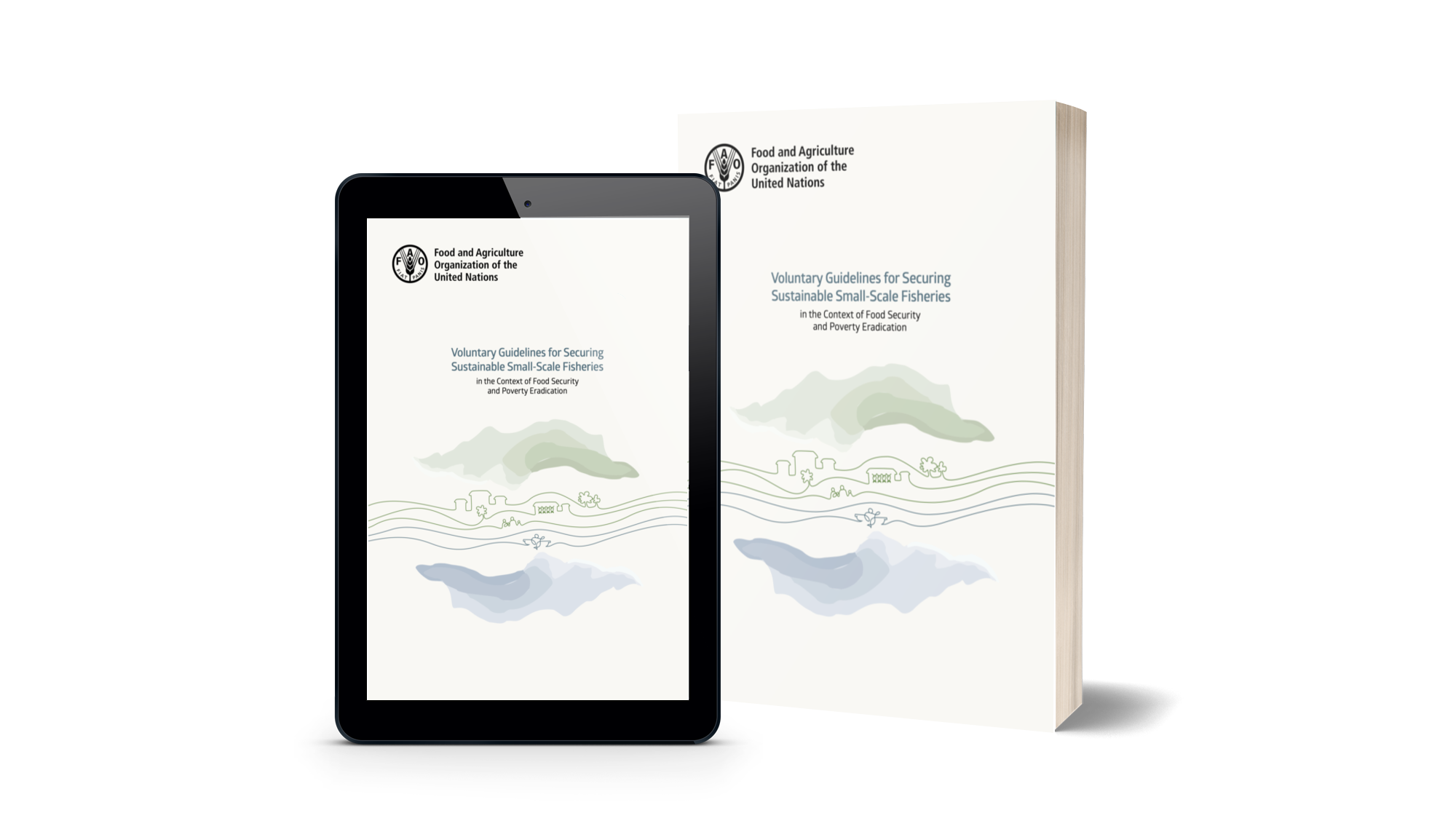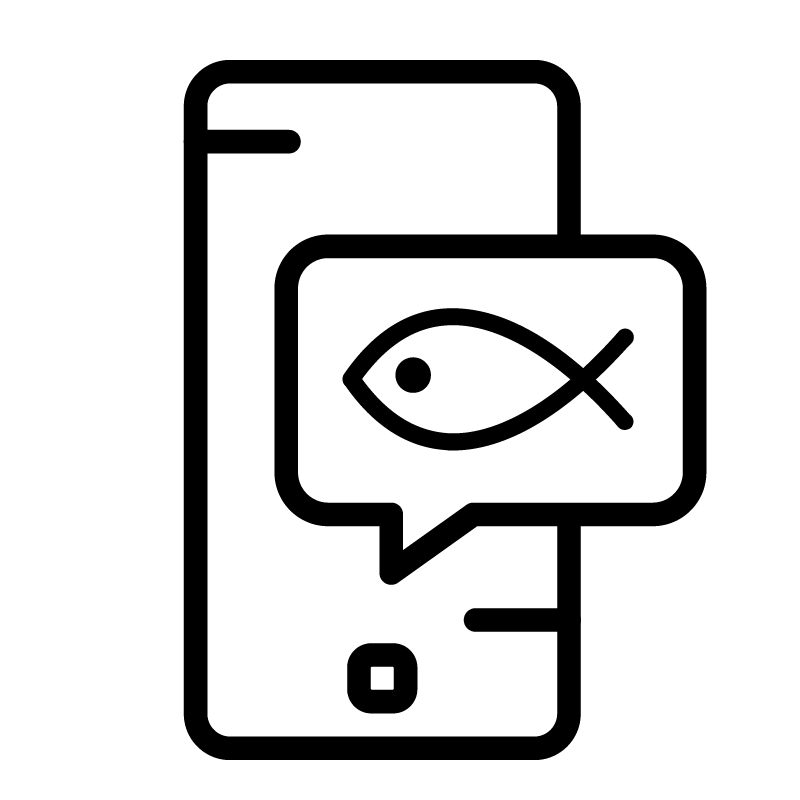Namibia
Aquatic food products from small-scale fisheries are a key source of nutrition and livelihoods for many Namibians, especially in areas near inland water bodies. Due to the proximity of Namibia’s coastline to the highly productive fishing grounds of the Benguela Current system, a growing number of small-scale fishers and harvesters frequent the coastal areas to fish as a source of food, livelihood, and income; to harvest seaweed to trade for the pharmaceutical and animal feed industries; and to collect shells for cultural artifacts. An even larger number of small-scale fishers and fish workers are concentrated in inland small-scale fisheries (near rivers, dams, and flood basins) and rely wholly or partly on aquatic products as a primary source of nutrition.
FAO works in the country to enhance the contributions of small-scale fisheries to national food security and nutrition. Under the project “Creating an Enabling Environment for Securing Sustainable Small-Scale Fisheries”, funded by the Swedish International Development Cooperation Agency (SIDA), FAO concentrated efforts to support the development and launch of Namibia’s National Plan of Action for Small-Scale Fisheries (NPOA-SSF), with the objective of identifying the main gaps and challenges that hinder the sustainability of the subsector, as well as opportunities and lines of action to overcome them.
Through the project titled “Implementing the Small-Scale Fisheries Guidelines for Gender-Equitable and Climate-Resilient Food Systems and Livelihoods”, a sub-programme of the FAO Flexible Voluntary Contributions fund (FVC) and in collaboration with the Namibian Ministry of Fisheries and Marine Resources, FAO made considerable efforts to support the social development of small-scale fishing communities in the areas of food security, nutrition, and social protection by developing appropriate materials and, through a multi-sectoral national task team, creating awareness about the inclusion of aquatic food products in children’s and learners’ diets. In addition, efforts were made to promote school feeding programmes that include locally sourced aquatic products.
To better support small-scale fisheries actors and their organizations, FAO reviewed existing social protection arrangements for small-scale fishing communities and organizations, to inform the development and piloting of more suitable arrangements that effectively address their needs. The project provided small infrastructure and services at different landing sites and training in improved fish processing and preservation techniques, with the hope of increasing revenues and reducing post-harvest losses. Support was also given to women-led small-scale fisheries organizations, to enhance their organizational capacities and facilitate their effective representation and participation in relevant decision-making processes.
Phase two of the project aims to enhance the capacities of small-scale fisheries actors in Namibia in responsible, climate-smart practices in the post-harvest sector, particularly for women. It also focuses on organizational training for newly established small-scale fisheries organizations, including for members of the Namibia Women's Fisheries Network (NAMFISHNET), and continues supporting the implementation of the NPOA-SSF in Namibia by generating broader knowledge for improved awareness and uptake of the process.
Learn more about the launch of the National Plan of Action for Small-Scale Fisheries 2022-2026 (NPOA-SSF) in Namibia
Related publications
Related news

Virtual inception meeting on new project 'Implementing the Small-Scale Fisheries Guidelines for gender-equitable and climate-resilient food systems and livelihoods - Phase 2”
15/05/2024
A virtual inception meeting was held to bring together key project stakeholders and FAO colleagues from headquarters, regional and country offices to introduce and discuss the activities that will be developed during the new FAO project 'Implementing the Small-Scale Fisheries Guide...

Namibia launches national plan of action for Small-Scale Fisheries (2022 TO 2026)
24/06/2022














